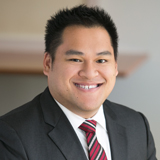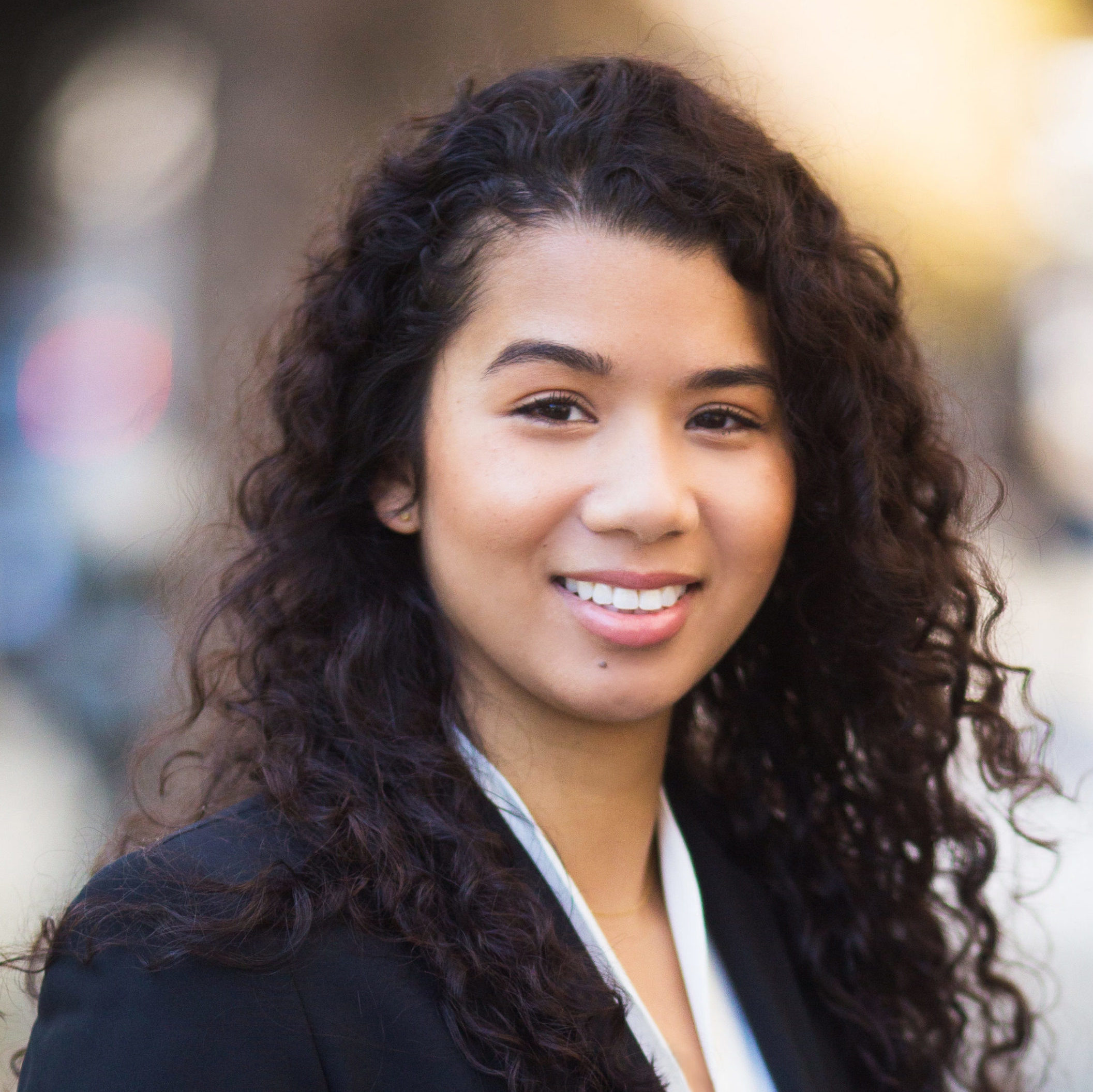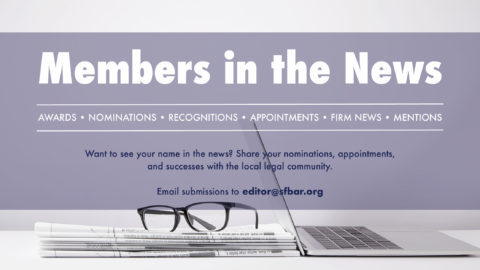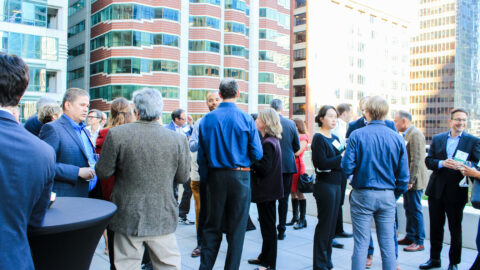This year marks the twelfth anniversary of the Barristers Club’s Diversity Reception. Each year, two individuals are honored for their outstanding efforts to increase awareness of diversity issues in the Bay Area legal community. Below are excerpts from interviews with the two 2020 recipients: Kevin Benedicto, Morgan, Lewis & Bockius, and Liên Payne, California Department of Health Care Services.
Recipients will be honored on December 10 at the 2020 Diversity Conference & Awards. The reception will immediately follow the conference programming, beginning at 4:15 p.m.
Why is diversity in the legal profession important to you?
Liên Payne (LP): I began my career in Big Law and quickly noticed there were very few other attorneys of color around me. I knew this would be the case prior to entering Big Law—but knowing a statistic in the abstract is quite different from experiencing that statistic in the workplace every day. Diversity in the legal profession is important because the current lack of it perpetuates discriminatory circumstances, particularly in private practice.
For example, in Big Law, social and professional ascendance for associates is largely based on informal relationship cultivation with partners. Ostensibly, giving associates and partners the freedom to develop relationships with each other as they see fit is a fair system that allows the most tenacious associates to shine. However, like most people, partners tend to gravitate towards others that remind them of themselves. When the majority of Big Law partners are White, this informal system for relationship development translates into a systematic disadvantage for associates of color. The effects of this disadvantage are broad. Attorneys of color are more likely to drop out of Big Law early on in their careers, less likely to attain partnership, and more likely to experience psychological distress from feeling isolated in the workplace. All of these factors directly affect their ability to maintain mental and physical health, create generational wealth, and stay in Big Law long enough to influence the cultural environment for future attorneys.
What’s something that individual attorneys can do to help diverse legal candidates?
LP: Assuming that incoming associates know the cultural norms that govern the workplace and judging them on their ability to follow those norms is an example of another informal system that disproportionately places associates of color at a disadvantage. Taking someone under your wing can really help them acclimate. I was lucky to have mentors who did that for me. Also, use your network to connect diverse candidates with potential opportunities. Most jobs are found through networking, not applying online.
What are your goals for diversity in the legal profession in the next five years?
LP: The profession has been discussing diversity issues for years, but statistics show the numbers haven’t changed much in the past decade. The entire system needs to be upended. Law firms should move beyond discussions about diversity to actively creating opportunities that counteract systemic bias. Rhetoric is good; action is better.
Tell us about some of the ways you’ve been active and involved in promoting diversity in the profession?
Kevin Benedicto (KB): At Morgan Lewis, I am a member of our San Francisco office’s Hiring Committee. In that role, I actually get a hand in shaping diversity in the office through interviewing and recommending candidates. I also work with my firm’s Diversity and Inclusion Committee, which does programming like mock interviews and mentorship for diverse law students. Finally, I am active in the Asian American Bar Association of the Greater Bay Area (AABA), and have served as Co-Chair of the Employment Committee.
How did you get involved in the Bar Association of San Francisco’s Criminal Justice Task Force (CJTF), and what issues have you been involved with?
KB: My involvement started in 2015 when my firm provided pro bono representation to the Blue Ribbon Panel on Transparency, Accountability, and Fairness in Law Enforcement. The Blue Ribbon Panel consisted of three retired judges and several law firms that spent a year reviewing the San Francisco Police Department’s (SFPD) policies and making recommendations for reform. My firm and I were focused on the topic of use of force and officer-involved shootings, and we helped SFPD revise its use of force policy for the first time in over 20 years. Once the Panel’s work concluded, I was invited in 2018 to join BASF’s Criminal Justice Task Force. With CJTF, I’ve worked on a variety of issues from use of force reform, body-worn cameras, and the city’s labor negotiations with the police union.
What’s driven you to be so focused and committed to promoting diversity in the profession?
KB: As an attorney of color, I see an industry that still has a long way to go in terms of representation and feel an obligation to help. I recognize my own privileges and that I have been fortunate to not have faced as much adversity as many other attorneys. In fact, having the privilege of time and mental space that does not need to be spent managing adversity motivates me to use it wisely to support others.
What can others do to help diversity efforts?
KB: Get involved in organizations in the community like BASF, the Barristers Club, and AABA. My legal career has been enriched by my participation in such organizations. Also, when I reflect, I realize that so many of my successful opportunities have come from being there and raising my hand to volunteer. This is true of so many “breaks” I have had in my career. Sometimes attorneys from underrepresented groups can self-censor and negotiate against ourselves, but we should instead volunteer and be proactive. You might be surprised by what opportunities might be waiting just beyond what you can see.
A special thank you to Barristers Club board member Rebecca Furman, Lewis & Llewellyn, and President Kelly Matayoshi, Farella Braun + Martel, for conducting the interviews.
Learn more about the Barristers Club’s 2020 Diversity Conference & Awards at www.sfbar.org/calendar.






